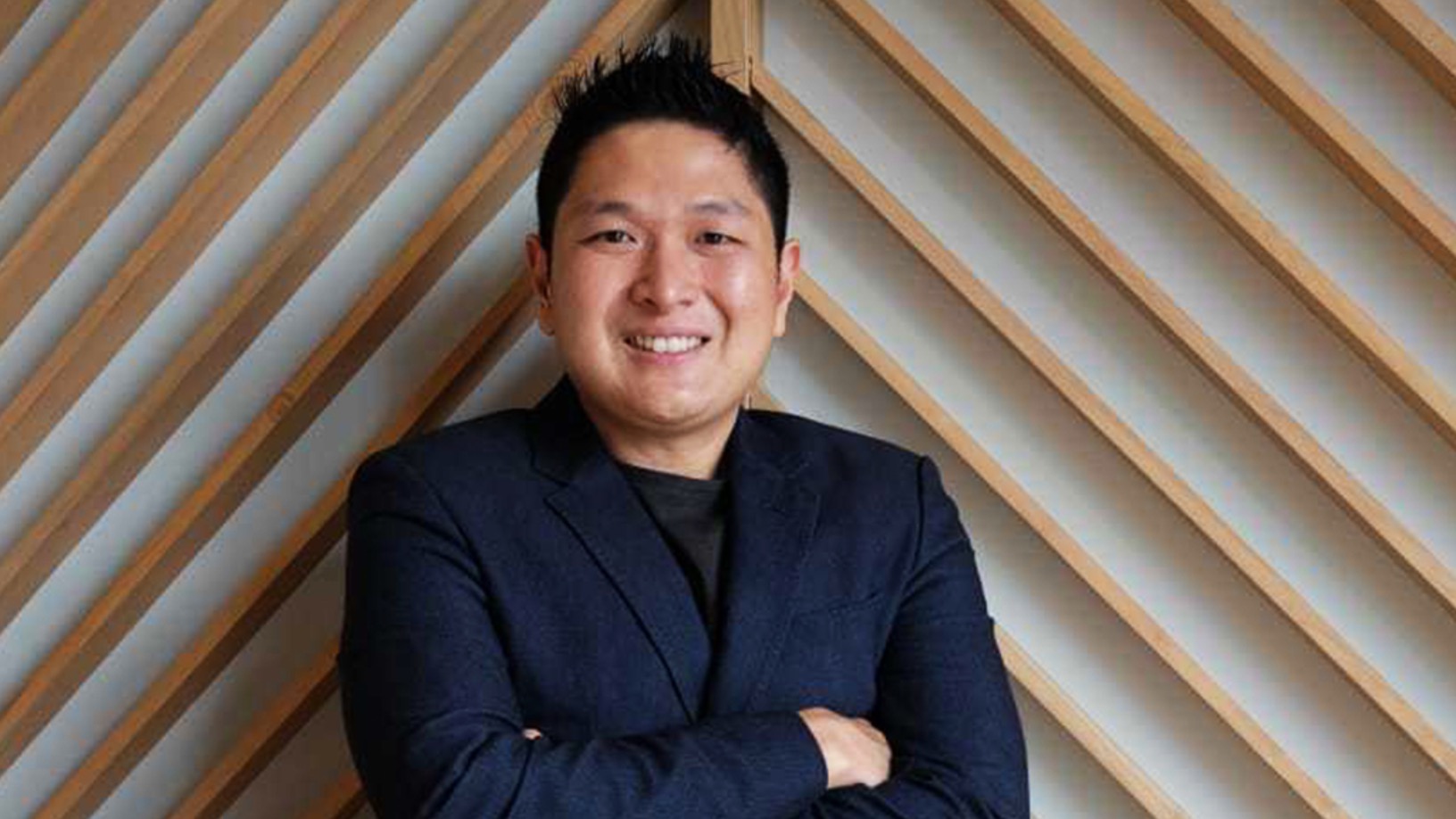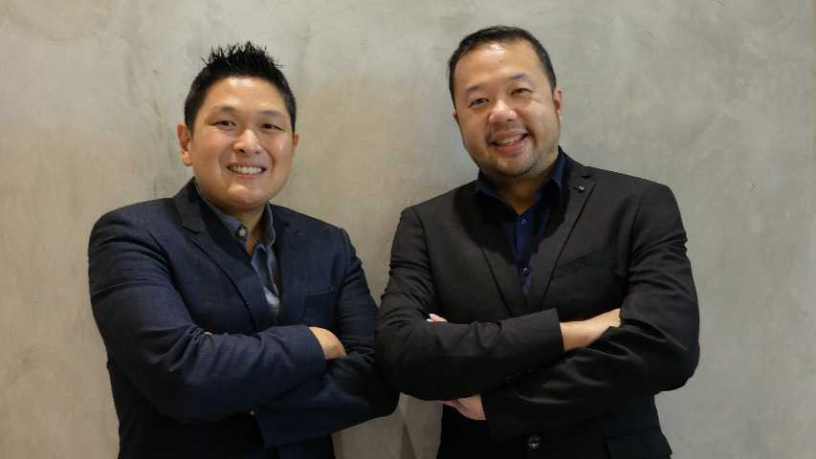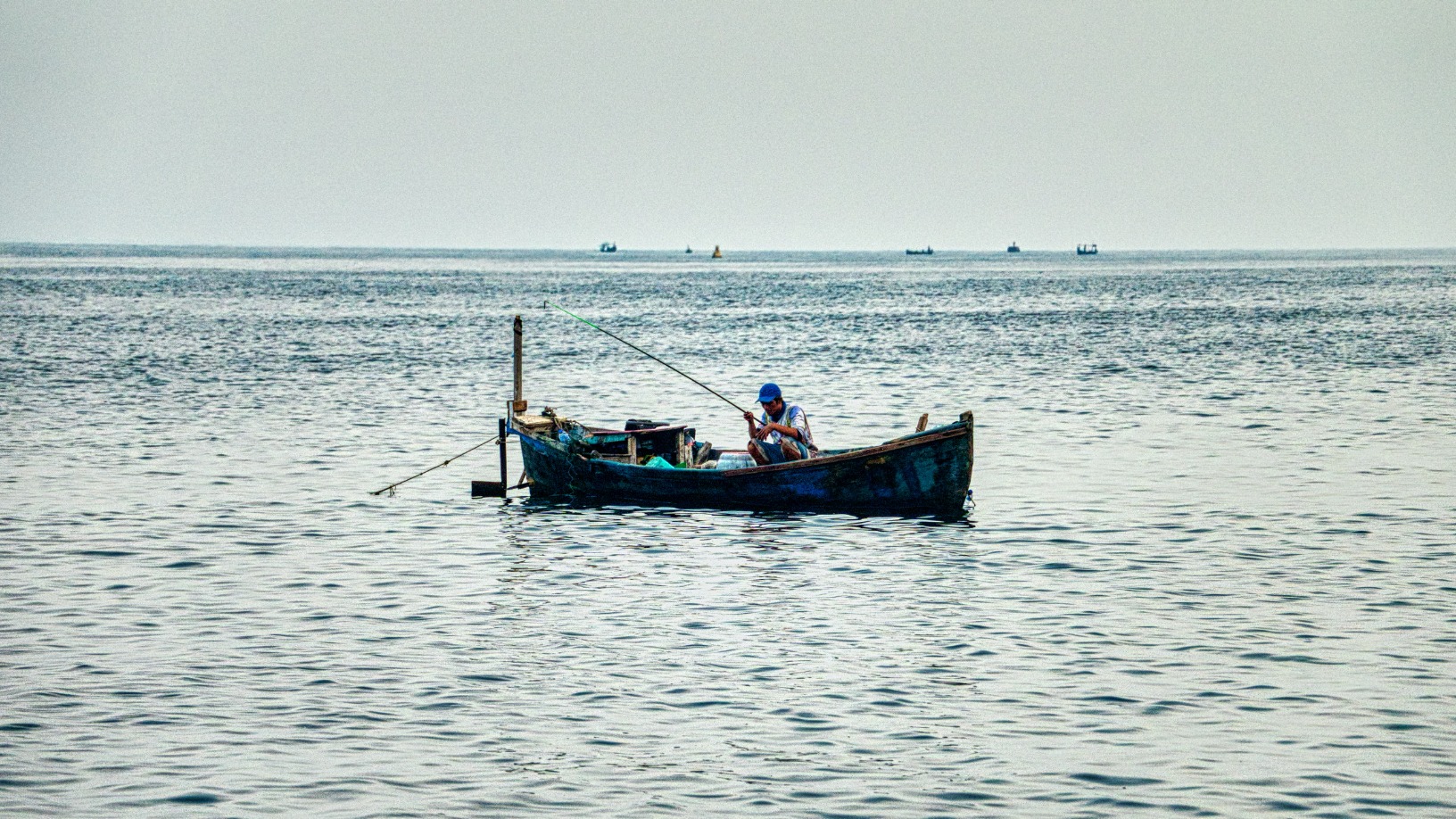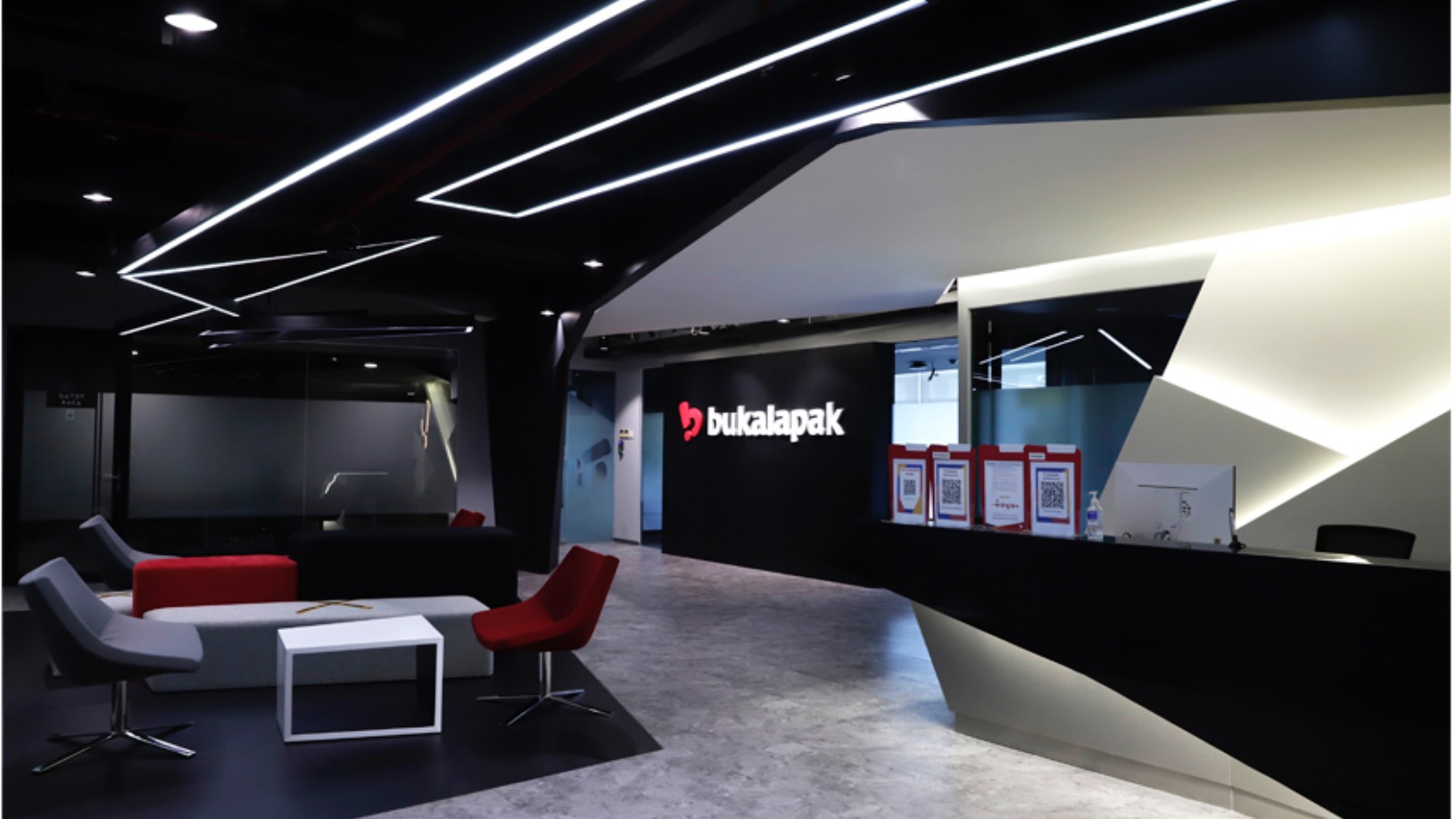Investors are unfazed by the ongoing Covid-19 crisis in Indonesia, and are still sourcing for deals in the country’s fast-growing startup ecosystem, according to local VC Indogen Capital. The firm is considering launching a new growth fund potentially worth “at least $100m” in early 2022 to invest in Series B and above rounds.
Chandra Firmanto, Managing Partner and founder of Indogen Capital, which works closely with foreign investors keen on entering Indonesia, told CompassList that funding in the local tech sector has continued to grow this year. Interest is spurred by the recent success stories of Indonesian startups – particularly the strong IPO of e-commerce unicorn Bukalapak and the Gojek-Tokopedia merger to form GoTo, the biggest deal ever in local corporate history.
Latest positive data showing a turnaround in Indonesia’s economy and local demographics are also bolstering investor confidence. “Last year we couldn’t help [that the economy was shrinking], but now it’s growing again,” Firmanto said. Indonesia’s GDP grew 7.07% in the second quarter of 2021 from the year-ago period, the first expansion in five quarters.
He added: “Indonesia’s demographics are skewed toward the younger population, who are more likely to adopt new technologies. The rate of consumption is also very high compared with other markets.”
In the past year, Indogen and its foreign partners have pumped millions of dollars into local startups like eSports company EVOS, fishery marketplace platform Aruna and online property rental manager Travelio.
In fact, Striders, the Japanese investment firm, recently raised its bets on Indonesia when it participated in Indogen Capital’s second fund. “Striders invested when we first launched Indogen Fund II in 2020 but decided not to be a lead investor or our partner in the region,” Firmanto said. “In early 2021, Striders signaled they wanted to invest more into the fund, and they brought us more investor candidates.”
He noted that Striders’s total investment in Indogen Fund II was enough to make them “the anchor of the fund.” He declined to comment on specific figures, except to say that Indogen is still aiming to raise up to $50m for its Fund II but would be ready to close it at the end of this year, even if the target isn’t met. “We are still approaching other investors, and recently we secured an investment from a Hong Kong company.” Striders is also interested in supporting Indogen’s new growth fund, he said.
Brand management
Since Striders started investing with Indogen in March 2020, the duo has participated in several investment rounds, including the $12m Series B funding of Jakarta-based eSports management company EVOS. Indogen chose EVOS because it was successful in tournaments and its brand management ability.
EVOS demonstrated it can provide the right advice to brands and help them achieve their goals
For example, when EVOS worked with a subsidiary of Yamaha Motor Company (YMC) Indonesia to promote the Japanese company’s 125cc motorcycle lineup, YMC suggested that EVOS put the Yamaha logo on its teams’ uniforms but EVOS came up with another marketing strategy.
“EVOS’s logic was that if you put the logo there, viewers will know that Yamaha is a sponsor, but they won’t learn about Yamaha products from that logo alone,” Firmanto said. “Instead, EVOS launched a marketing campaign in which its team members and influencers were educated on the Yamaha products they were promoting.”
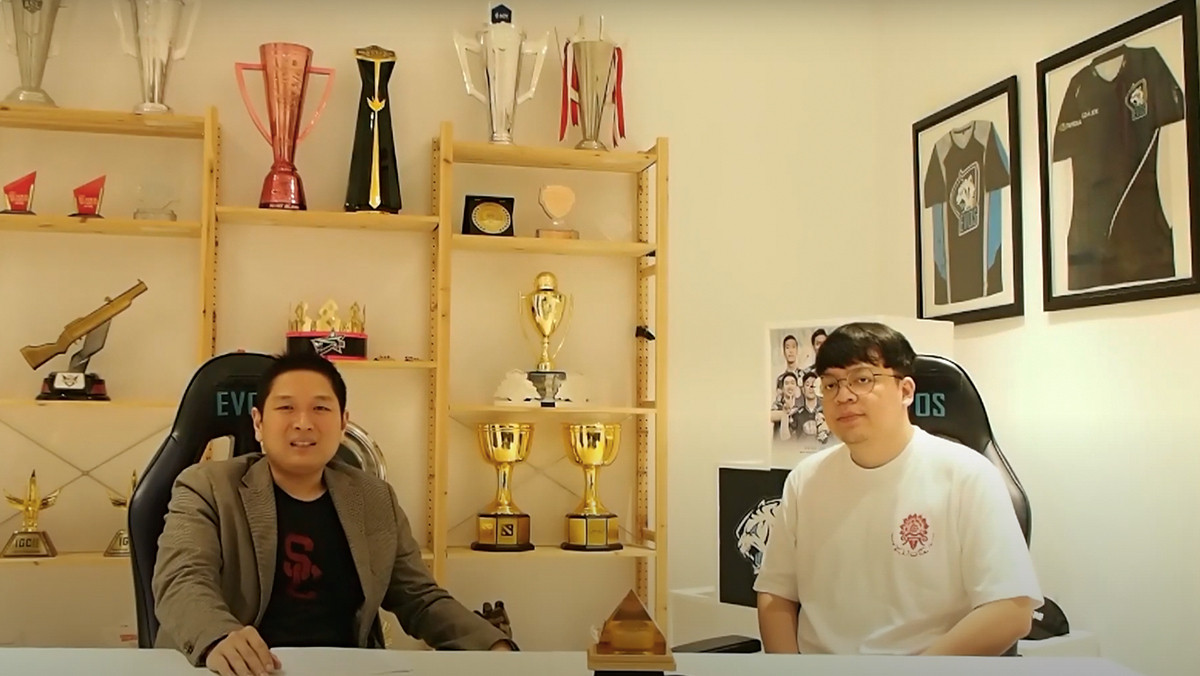
The marketing campaign eschewed hard-sell tactics in favor of indirect marketing and capitalized on EVOS’s value as a brand among younger millennials and Gen Z buyers – Yamaha’s target consumers.
“The Yamaha motorcycle models marketed through the EVOS collaboration are completely sold out, and due to the current chip shortage, they aren’t able to make more quickly,” Firmanto said.
“EVOS demonstrated it could provide the right advice to brands and help them achieve their goals.”
Understanding the market
According to Firmanto, economic growth in Indonesia was very unevenly distributed in the past, focusing on Java. "In recent years, however, we see encouraging growth in Sumatra and Sulawesi, where some provinces are posting double-digit growth every year.”
With better infrastructure and internet connectivity, companies can now access more of the Indonesian population, but foreign companies still need local networks to establish a foothold. Indogen’s role is to establish these networks and link potential partners.
Firmanto added that Striders initially did not understand the Indonesian market, so they established their operations in Singapore. “After a while, they realized that Indonesia was the best market in Southeast Asia. So, they began developing their Indonesia strategy while shifting focus away from Singapore.”
The deeper collaboration between Indogen and Striders, one of Indogen’s LPs, led to the appointment of Striders as a partner for Japan and East Asia, giving Indogen and its portfolio companies access to an even wider network of potential investors and partners.
As Indogen’s partner in Japan, Striders is helping EVOS, which already has a presence in many Southeast Asian countries, make inroads into the Japanese gaming ecosystem. The video games market in Japan had long been centered around game consoles; the mobile eSports market is underdeveloped. With Striders’s help, EVOS has broken cultural and language barriers and has connected with developers like Konami and Bandai Namco.
Exit opportunities
Firmanto is also enthusiastic about exit opportunities. Last year, Indogen made a partial exit from Malaysian used car marketplace Carsome, which recently became the country’s first unicorn. Indogen, which invested in Carsome in March 2018, had helped it break into the Indonesian market through networking and acquisitions, including collaborations with Adira Multifinance. “We managed to retain some of our stake there while most of the previous shareholders exited. We’re excited about their IPO plans next year,” Firmanto said.
It’s natural to be pessimistic at this time, but you will see shrewd parties looking to buy good businesses
Another potential exit arose when co-working startup GoWork received a buyout offer from a “European entity,” Firmanto said. However, GoWork rejected the offer because they believed the business could still grow despite Covid-related curbs that prevented them from opening their offices for some time.
He said major investors are approaching many companies within Indogen’s portfolio. One of those is the property rental platform Travelio, which has “performed well, contrary to expectations” and has doubled its revenue since the start of the pandemic.
“While I’m not sure exactly why they were able to buck the pandemic trend, I believe it’s partly due to their decision to pivot towards long-term rentals,” he said. Travelio initially focused on short-term accommodation like AirBnb but later pivoted into property management and began working with major developers to help buyers find tenants for buy-to-let apartments.
“It’s natural to be pessimistic at this time, but you will see shrewd parties looking to buy good businesses. If there are offers for acquisition, that means the business actually has good potential,” Firmanto said.
